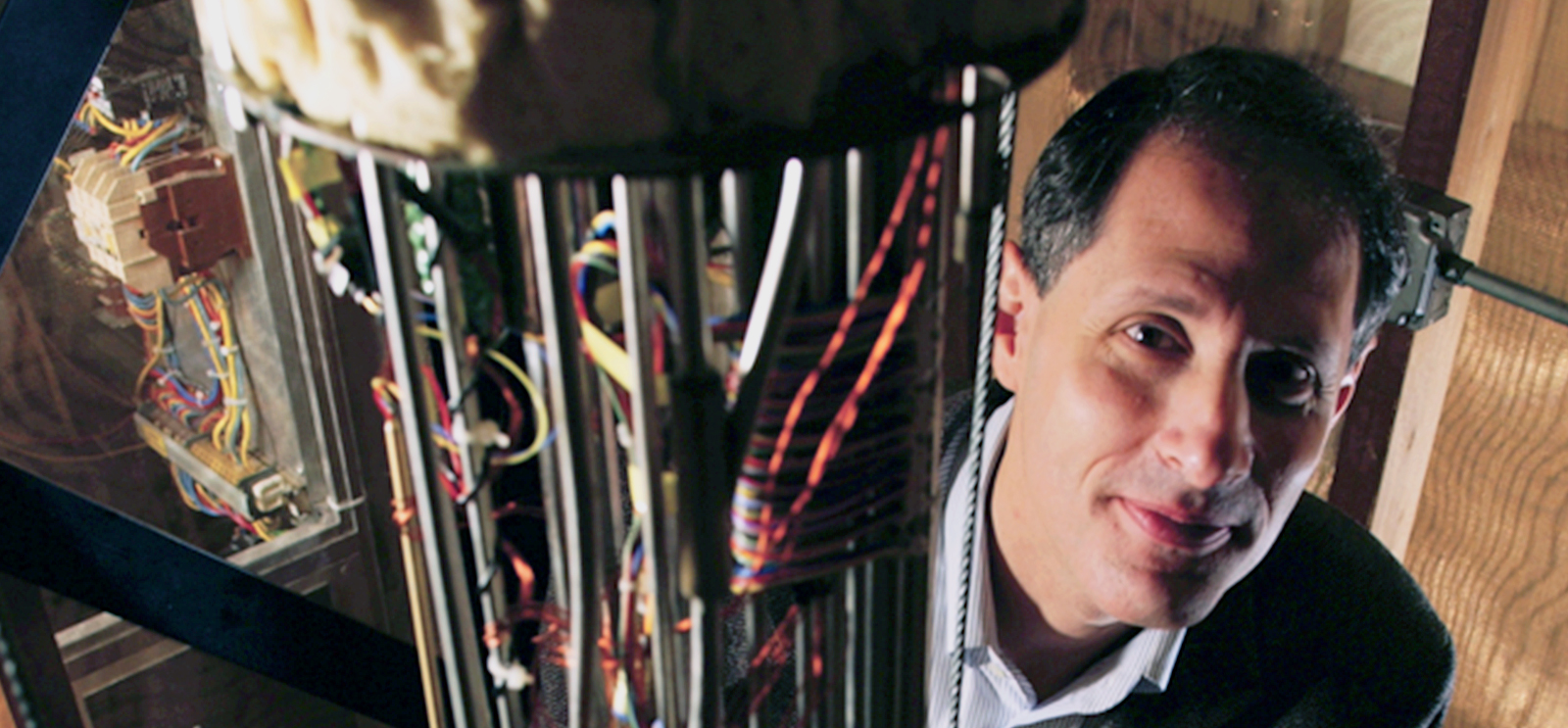
Rosenbaum became provost in 2007, after serving as vice president for research and for Argonne National Lab. He’s also directed the Materials Research Lab and the Franck Institute. (Photo by Dan Dry)
Marking his 30th year at the University, Provost Thomas Rosenbaum reflects on the constancy of change.
This spring marks the start of my 30th year at the University of Chicago. As I suspect may be true for many of you, one comes to a place expecting to stay a short time, and before you know it, a decade or two or three has passed. But what keeps me here is not the constancy of the experience; rather, it is the constancy of change.
The most obvious change involves the explosion of construction on campus. From an athletic center to residence halls, from an arts center to an iconic new library, from biomedical research and teaching centers to Chicago Booth’s Harper Center, new buildings have sprouted up on both sides of the Midway. Yet as much as we now hope to address acute facility needs across the disciplines, our fundamental motivation has not changed. The success of Chicago always has been its investment in human capital, creating an intellectual environment where big questions can be asked and scholars searching for answers—or, as importantly, posing the next big question—can thrive. Investment in buildings is simply a means to the end of attracting the best faculty, students, and staff to Chicago.
A second, deeper change involves new modes of inquiry, enriching our commitment to creating knowledge for the ages. We have broadened our scope of impact and embraced greater engagement with community and society. For example, the Gray Center for Arts and Inquiry situates the academic study of the arts in the context of a thriving national arts scene. As envisioned by the original faculty committee, it strives to develop a model for the practicing artist on campus through the most Chicago of approaches: exploratory constructs yielding data leading to new models. The University’s Department of Education has been superseded by a University-wide faculty Committee on Education, closely linked via the Urban Education Institute to four University-run campuses of a Chicago city charter school, whereby theory can confront practice. The Institute for Molecular Engineering recognizes the full continuum from basic science to technological application; after a century of eschewing investment in engineering, we have launched an effort to recraft the study of engineering on the molecular level. The opportunity to define a discipline without being constrained by past practice is exhilarating, but perhaps the most powerful influence will come as current approaches are enriched by new colleagues with different scientific sensibilities.
The most profound change I have seen in my time in academia is the emergence of the supercharged, competitive educational landscape in which we must pick our way. It extends from college admissions through graduate-student aid to faculty recruitment and retention to organizational structure. Major research universities throughout the world, including Chicago, are investing aggressively across the board and creating ever more complex configurations that demand imagination coupled with a sure sense of institutional self. Suppleness of thought and acceptance of the reality that tools of scholarship and modes of inquiry are not only changing, but changing differently in different disciplines, will be essential to maintain the University of Chicago’s eminence. The whole of the University is most powerful when the connections between schools and divisions and the College are real and robust, but these connections also must be allowed to evolve in ways that are driven locally and preferentially.
Like the New Yorker cartoon where one lab-coated physicist peruses the discoveries in his laboratory notebook and informs the other, “We’ve agreed to count it as both a wave and a particle for tax purposes,” we need the freedom to reimagine the shape of the University while remaining bounded by the tenets of the intellectual society that we have created. Change is manifest and inevitable, but it will not be powerful except in the context of our defining values.
